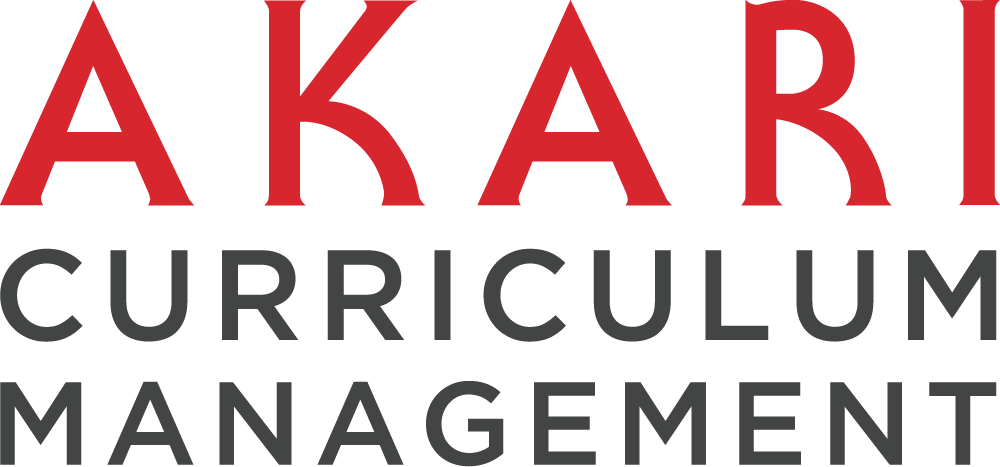Academic integrity is a confluence of ethical principles, scholarship, and pedagogy. But what does it really entail? This section will define the concept, making it crystal clear.
The Bedrock of Scholarship
Scholars are the purveyors of truth. Academic integrity serves as the foundation that ensures their work is honest, reflective, and includes due credit to the ideas of others.
An Ethos for the Community
At its core, academic integrity is a communal agreement to uphold ethical standards in the dissemination and production of knowledge. It’s not merely a personal virtue but a shared ethos that the entire academic community subscribes to.
The Role of Technology
In the digital age, the intersection of technology and education presents unique challenges to maintaining academic integrity. From plagiarism detection software to advanced cheating tactics, technology both benefits and tests the integrity of the academic environment.
Precepts and Policies: Building the Academic Integrity Framework
With the definition in place, we march on to the construction site. Academic integrity without a robust policy framework is like a song without a melody. This part will address the importance of clear policies and the need for their implementation.
The Anatomy of Policy
Crafting an academic integrity policy is an art form. It must be specific, flexible, and above all, fair. Learn how to balance these elements to create a policy that acts as a firm but just guide for the academic community.
Implementation Strategies
A policy paper must touch the ground. Concrete strategies for implementing and enforcing academic integrity policies are as vital as the policies themselves. Diversifying exam formats, fostering a culture of honor, and leveraging technology are just a few methods institutions can deploy.
The Student Side
Understanding what the policy means for students is imperative. It’s not about punishment as much as it’s about fostering an environment where students can flourish ethically and academically. We’ll explore the role of education in ensuring students are aware of what academic integrity entails and the consequences of violating it.
Academic Integrity in Action
The contours of integrity policies and educational messages find their depth in action. This segment will provide real-world scenarios and responses, from inadvertent plagiarism to deliberate cheating.
The Academic Dishonesty Dilemma
Cheating is not a new phenomenon, yet the context within which it occurs is continually evolving. This section will dissect the various forms of academic dishonesty and provide insights into why they happen and how to address them effectively.
Plagiarism 2.0
With the internet as an infinite library of information, the finer lines of intellectual property can blur. How can educators teach— and students learn—to cite, paraphrase, and credit appropriately in this era of easy access to information?
Coursework Integrity
Assessments are the proving grounds of academic learning. But how can educators design tests and assignments that discourage cheating while encouraging learning? This part furnishes actionable strategies to fortify the integrity of course work.
Nurturing Ethics in Education
Academic integrity isn’t a policy that can be implemented and forgotten. It’s a garden that requires cultivation. This last section will provide a roadmap for nurturing ethical sensibilities in academic endeavors.
Incorporating Ethics into the Curriculum
Ethics should not be a standalone course but rather a thread woven into the fabric of every subject. By embedding ethical considerations into each discipline’s core, educators instill the importance of integrity in students’ academic DNA.
Faculty Development for Integrity
Educators are the torchbearers of academic integrity. How can institutions support them in their role as exemplars? Professional development, mentorship, and resources are crucial in equipping faculty with the tools to champion ethical practice in teaching and research.
The Global Perspective
Academic integrity isn’t bound by borders. International students and researchers bring a wealth of diversity to educational institutions, but they may also have unique interpretations of what constitutes ethical academic behavior. Understanding and valuing these differences is a critical step toward a global academic community.
Final Thoughts on Upholding the Pillars of Knowledge
Academic integrity is much more than an abstract set of rules. It’s a commitment to honesty, authenticity, and the pursuit of genuine scholarly inquiry. It safeguards the fundamental principles of academia and preserves the sanctity of the educational process. In upholding academic integrity, we not only defend the present but also shape the future of education and the scholars it nurtures.
By instilling a strong ethical compass in our students and fostering a culture of academic integrity, we imbue our institutions with credibility and authenticity. It’s a continuous effort, a lifelong learning process for both educators and learners. Akari Curriculum Management Software stands ready to assist you on this noble quest, offering tools and support to embed academic integrity at the heart of your educational mission. Join us in building a brighter, more honest future for academic excellence.
